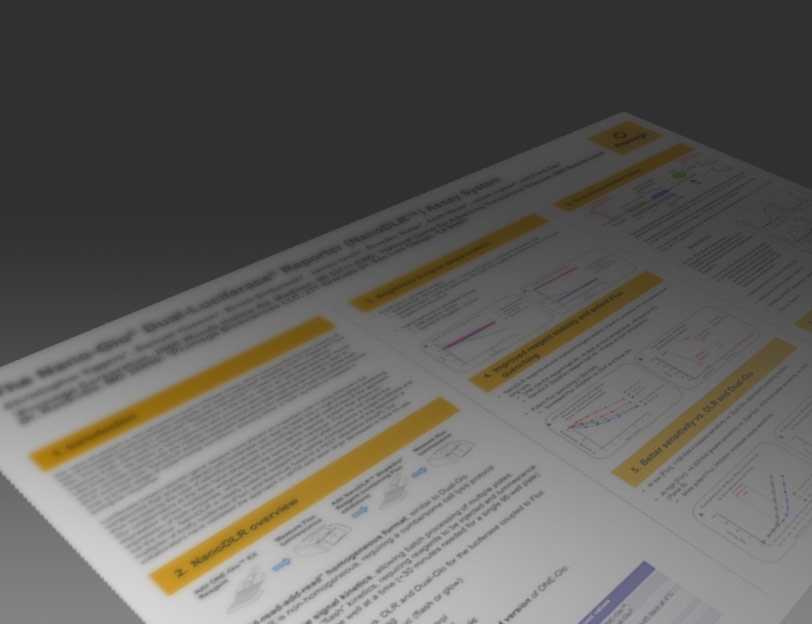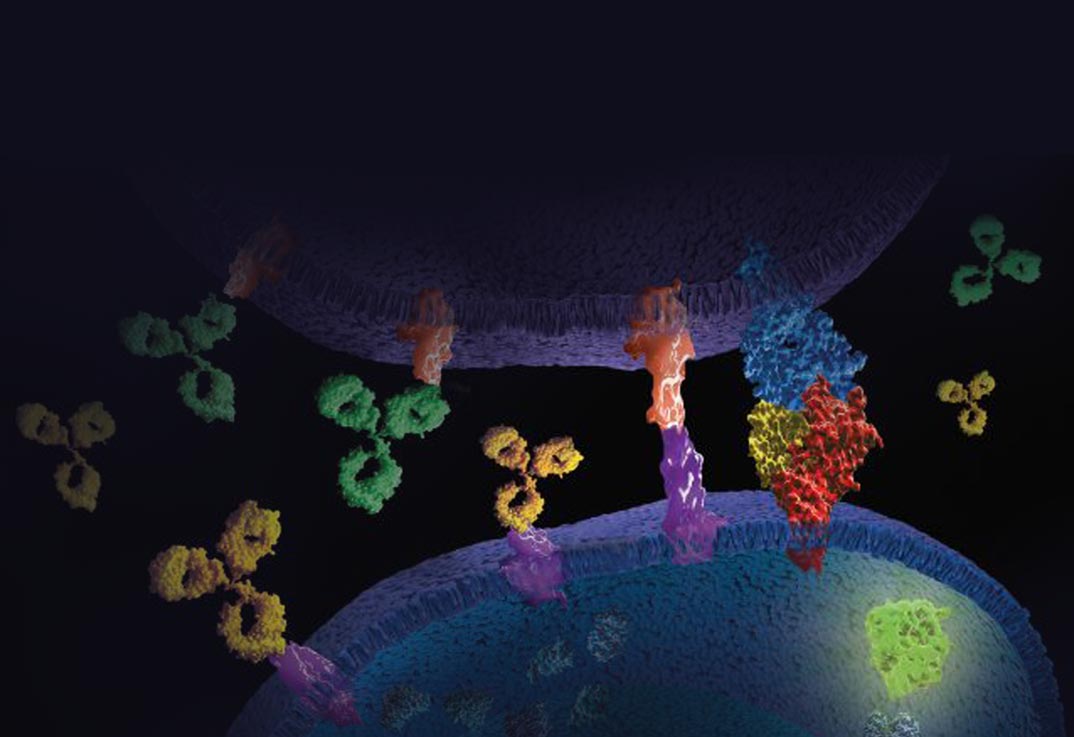Cytokine and Growth Factor Activity and Detection Bioassays
Developing biosimilars or innovator molecules targeting cytokine or growth factor signaling? Looking to qualify cytokines used in cell therapy manufacturing processes or quantify cytokine release from activated immune cells or cell therapeutics?
Promega offers a broad array of cell-based functional reporter bioassays for measuring the potency and stability of your cytokine and growth factor biologic candidates. These mechanism-of-action-based bioassays are available in a convenient thaw-and-use format that reduces hands-on assay time and delivers highly reproducible results.
Additionally, Promega provides simple add-mix-measure assays for the detection of cytokines in cell culture samples, eliminating the need for transfer or wash steps. Lumit® cytokine detection assays are available for key immunomodulatory targets.
Filter By
Shop all Cytokine and Growth Factor Activity and Detection Bioassays
Showing 20 of 20 Products
Featured Publications
VEGF Bioassay
Moelleken, J. et al. (2017) GingisKHAN™ protease cleavage allows a high-throughput antibody to Fab conversion enabling direct functional assessment during lead identification of human monoclonal and bispecific IgG1 antibodies. mAbs 9, 1076–87. doi: 10.1080/19420862.2017.1364325
Membrane TNFα Target Cells
Velasco-Velazquez, M.A. et al. (2017) Extensive preclinical evaluation of an infliximab biosimilar candidate. Eur. J. Pharm. Sci. 102, 35–45. doi: 10.1016/j.ejps.2017.01.038
An Introduction to Cytokines and Growth Factors
Cytokines and growth factors act within a complex network of proteins that bind specific receptors on their target cells and initiate signaling cascades that regulate a wide range of biological functions. While growth factors trigger cell proliferation or differentiation, cytokines can inhibit or stimulate cellular growth. Cytokines are generally small (5–20kDa) and can signal in an autocrine, paracrine or endocrine manner. Cytokines include interleukins, interferons and chemokines and are especially important in the regulation of the immune system.
Alteration or disruption of cytokine or growth factor homeostasis by agents that modulate binding to their cognate receptors can lead to a variety of disease states. In addition, recombinant cytokines have been employed in therapeutic settings to treat cancer, hepatitis C and multiple sclerosis. Furthermore, antibodies blocking pro-inflammatory cytokines have been used in the treatment of rheumatoid arthritis, Crohn’s disease and plaque psoriasis.
In order to characterize the mechanism of action of biologic drugs targeting cytokine and growth factor signaling, cell-based bioassays that measure the activity of cytokines or growth factors are frequently utilized. Such assays provide the ability to rank order candidate biologic molecules, assess potency and stability, and perform QC lot release testing.
Measuring the presence of cytokines and their release from immune cells is also important in understanding the mechanism of action of biologic drugs targeting immune cell activation. IL-2, IL-6, IFN-γ and others are often measured as markers of T cell activation and are useful in characterization of CAR-T and other cell therapies.


